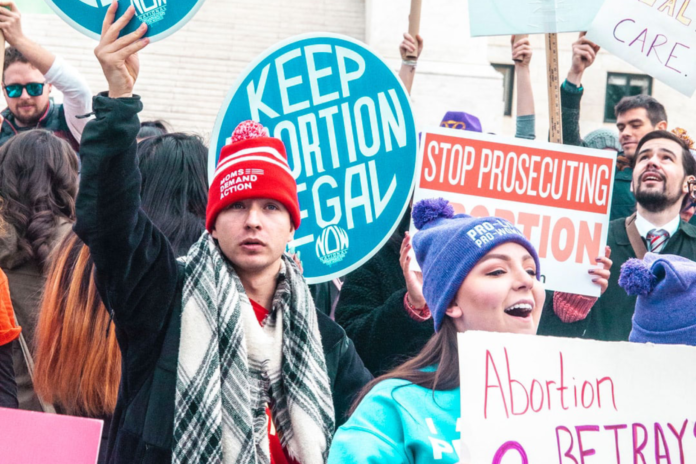The U.S. Supreme Court has recently been hearing oral arguments in a major abortion case that could substantially affect the ability of states, including Minnesota, to enact commonsense protections for unborn children and pregnant women.
June Medical Services, LLC v. Russo is a challenge to Louisiana’s 2014 “Unsafe Abortion Protection Act,” also known as admitting privilege laws, which require abortion providers to gain the right to admit patients at a local hospital in order to perform abortions.
“The admitting privileges requirement is a reasonable safeguard to help protect against substandard abortion doctors and to ensure continuity of care in the event of abortion complications,” says Scott Fischbach, executive director of Minnesota Citizens Concerned for Life and husband to Michelle Fischbach who is running for Minnesota’s 7th Congressional District. “This law is in no way unconstitutional. It should be upheld.”
Minnesota currently does not require that abortion practitioners have admitting privileges. The state license does not even uphold safety inspections of abortion facilities—even though it licenses outpatient surgical centers, which also perform outpatient surgery. Minnesota Citizens Concerned for Life has recently aimed to enact legislation to require abortion facility licensing.
According to the Minnesota Department of Health, there were 77 complications in 2018 occurring at the time of an abortion procedure including: cervical laceration, hemorrhage, and uterine perforation.
Additionally, 45 complications were reported occurring following the abortive procedure, including 21 cases of “incomplete termination of pregnancy.” An admitting privilege law, or any inspecting the safety of abortion facilities, could have prevented these unnecessary fatalities.
“Abortion has too often been exempted from the safeguards that apply elsewhere. The Supreme Court should allow us to pursue those commonsense measures,” says Fischbach. “We are hopeful that the Court will get out of the business of dictating which medical regulations are permissible and move instead toward allowing greater protection for unborn children and their mothers.”











